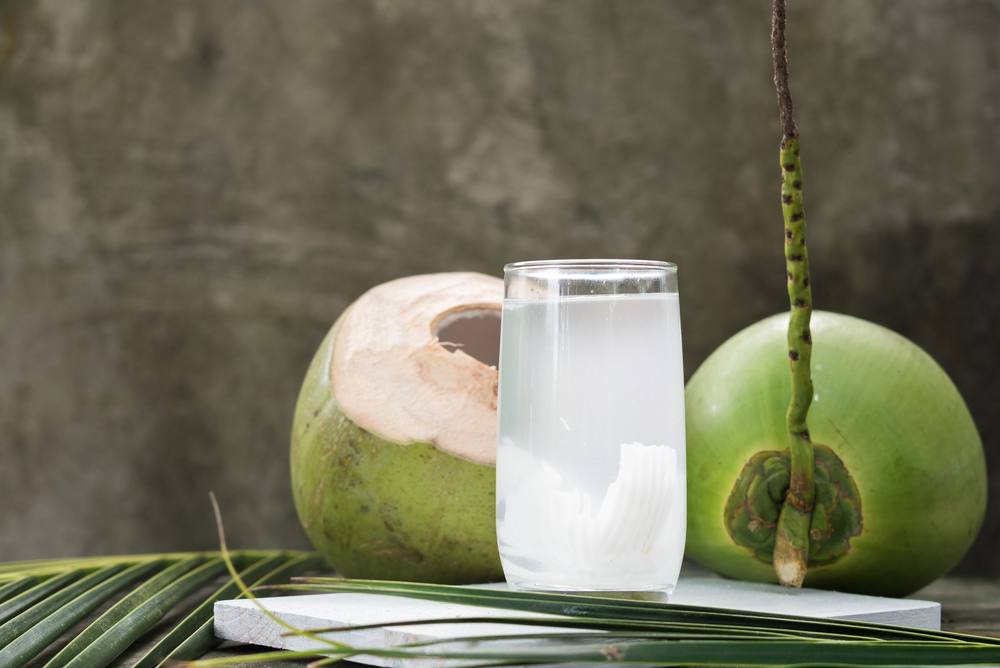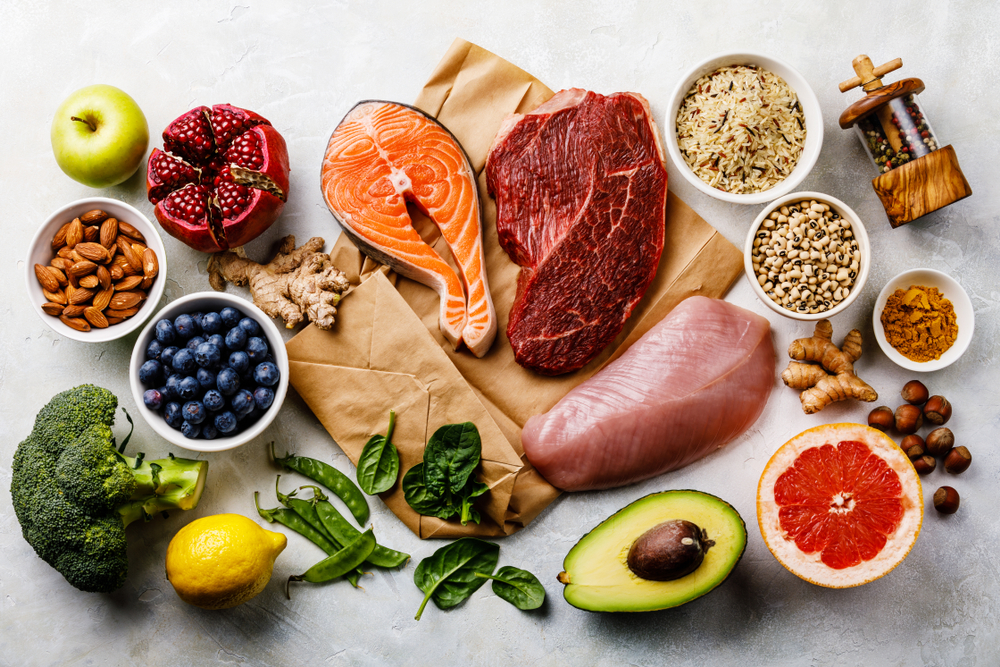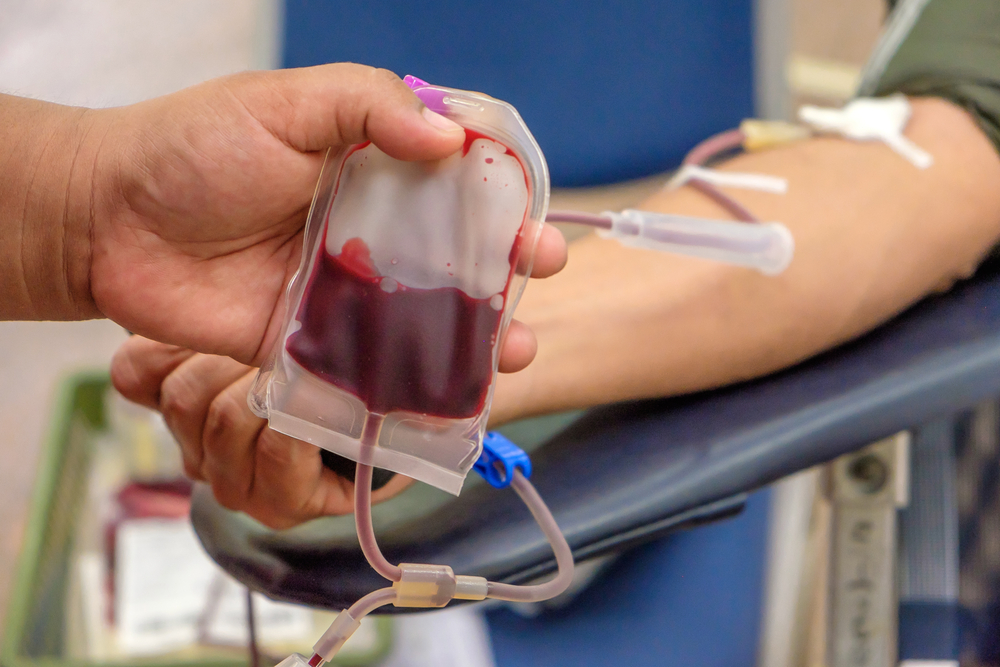Contents:
- Medical Video: How Much Fruit is Too Much Fruit?
- A problem that might occur if you eat too much fruit
- 1. Bad effects of sugar and carbohydrates
- 2. Indigestion
- 3. Nutritional deficiencies
- How many fruits should you consume in one day?
Medical Video: How Much Fruit is Too Much Fruit?
Fruit is one type of food that is always recommended by health experts because of its benefits that can help maintain function and health of the body. It is not uncommon for most people to consider fruit as a superfood and then tend to consume lots of fruits on the grounds to obtain various benefits from fruit. But is it true that consuming all the fruits in large quantities can provide the health benefits that you want?
A problem that might occur if you eat too much fruit
1. Bad effects of sugar and carbohydrates
Sugar is not only in the form of sugar you know, fruit is also a source of sugar. Carbohydrates that we normally consume will later be broken down into a simpler component, glucose, and then used by the body as a source of energy. In fruit, there is a type of sugar called fructose. Fructose is a special type of sugar found only in fruit. After consumption, then fructose metabolism will occur in the liver or liver.
One problem that can occur when you consume too much sugar is the increase in blood sugar levels and leads to diabetes. Usually the type of food that is blamed when an increase in blood sugar is a source of carbohydrates such as white rice and flour processed products (cake, bread, pasta). Increased blood sugar levels can cause more fat stored in the body and trigger insulin resistance and eventually lead to type 2 diabetes mellitus.
However, not only foods that are simple carbohydrate sources can work to increase blood sugar levels. Fructose contained in fruit can also increase your sugar levels. When too much sugar in the body, the liver or liver will convert the excess sugar into fat. These fats from excess sugar are specifically stored in the form of triglycerides, one type of blood fat that is dangerous. Triglycerides will be stored in fat cells throughout your body. Too much sugar can also cause the formation of belly fat, a type of dangerous fat that can increase your risk of suffering from various degenerative diseases later on, including diabetes mellitus.
Even though it is very unlikely that you have diabetes simply because you eat too much fruit, but not consuming too much sugar and carbohydrate foods can certainly help maintain your health.
2. Indigestion
Fruit is a good source of fiber, most people would agree to that fact. But eating too much fruit can cause your digestion to become problematic. You can experience bloating, feeling sick, abdominal cramps, flue gas continuously, even diarrhea. Those who suffer from diarrhea will usually be given a low-fiber diet while in hospital, this aims to compress the stool again so that the diarrhea stops. Some examples of fruits that are high in fiber are apples, bananas, strawberries, mangoes, papaya, and guava. You need about 30 grams of fiber per day. By consuming various types of foods including high-fiber fruits to taste, you can help work your digestive system.
3. Nutritional deficiencies
If you consider fruit as superfood then it tends to only consume fruit throughout the day, so you risk being deficient in other nutrients. One of the recommendations in the balanced nutrition guideline recommended by the Ministry of Health of the Republic of Indonesia is to consume various types of food. The basis of this recommendation is because there is no one type of food that can meet all your nutritional needs. As a type of food that is classified as a source of carbohydrates, fruits contain less essential fatty acids and amino acids needed by the body. This type of essential nutrient is more commonly found in meat, nuts, and seeds.
Fruit also tends to contain less certain minerals such as calcium and iron. Eating fruit along with various other foods can help you meet your daily nutritional needs. But if you only run a diet that consists of only a lot of fruit, it is not impossible you experience a deficiency of certain nutrients.
How many fruits should you consume in one day?
Balanced nutrition guidelines issued by the Ministry of Health recommends you consume 5 servings of fruit vegetables per day. One serving is equivalent to one medium-sized fruit such as one medium-sized orange, one banana, or one medium apple. Try to consume various types of fruit, don't just stick to one type of fruit because different types of fruit have different health benefits that you can get.
READ ALSO:
- 8 fruits that are high in sugar content
- 6 Types of Fruits that Are Good to Eat During Pregnancy
- Best and Worst Time to Eat Fruits and Vegetables












